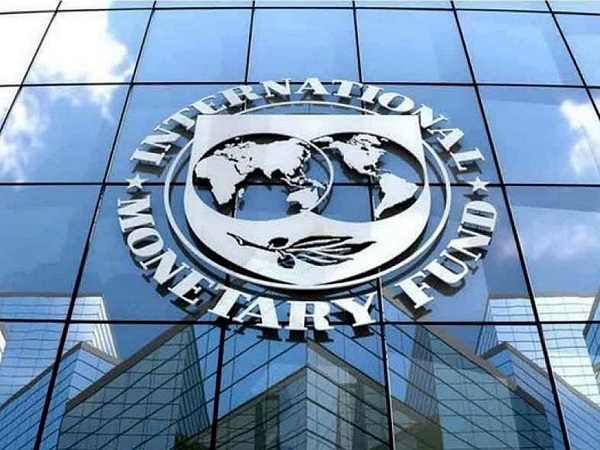
IMF concludes review of framework on governance
The Executive Board of the International Monetary Fund (IMF) has concluded the review of the Implementation of the Framework for Enhanced Engagement on Governance.
This was after the Board discussed the staff papers on the “Review of the Implementation of the 2018 Framework for Enhanced Fund Engagement on Governance”.
The review covers implementation of the policies on governance detailed in “Framework for Enhanced Engagement on Governance” (the “2018 Framework”) and in “The Role of the IMF in Governance Issues: Guidance Note,” adopted by the Executive Board in 1997 (1997 Governance Policy).
In April 2018, the IMF Executive Board adopted a “Framework for Enhanced Engagement on Governance” (the “2018 Framework”) to promote more systematic, effective, candid, and evenhanded engagement with member countries regarding corruption of macro critical dimensions and governance vulnerabilities linked to corruption.
At the time of the adoption of the Framework in 2018, the Executive Board called for a formal review of the implementation.
An Interim Update conducted in July 2020 found that implementation of the 2018 Framework was well underway.
In addition, in May 2021 and May 2022, updates on the implementation status of governance measures committed under COVID-19 Emergency financing were published.
This Review of the Implementation of the 2018 Framework for Enhanced Fund Engagement on Governance finds that Fund engagement on governance and corruption issues has been broadly systematic, candid, effective, and evenhanded and, based on its findings, makes proposals to further improve implementation of the 2018 Framework.
The Review papers also discuss some challenges and obstacles and provide concrete proposals to strengthen engagement in these areas in line with the objectives of the 2018 Framework, continuing to be guided by macro-criticality and core expertise of the Fund
Board’s assessment
Executive Directors welcomed the opportunity to review the implementation of the 2018 Framework for Enhanced Fund Engagement on Governance, and broadly agreed with the staff’s proposals.
The Directors welcomed the systematic assessment of the full membership of the Fund under a robust, centralized, interdepartmental process to identify corruption vulnerabilities and governance weaknesses linked to corruption in the six state functions most relevant to economic activity.
Going forward, Directors called for further analysis on the effectiveness of the Fund’s engagement in these areas.
They also recognised the increase in candid discussions of many identified corruption and related governance vulnerabilities in Article IV staff reports, underpinned by specific policy advice over the three-year surveillance cycle.
However, they noted the limited coverage of some areas such as market regulation.
Directors also acknowledged that the proportion of governance-related conditions in Fund- supported programs had increased, with conditionality aligned with programs goals.
They considered compliance rates for governance-related benchmarks to be somewhat disappointing—albeit similar to those for other structural benchmarks in areas outside of governance.